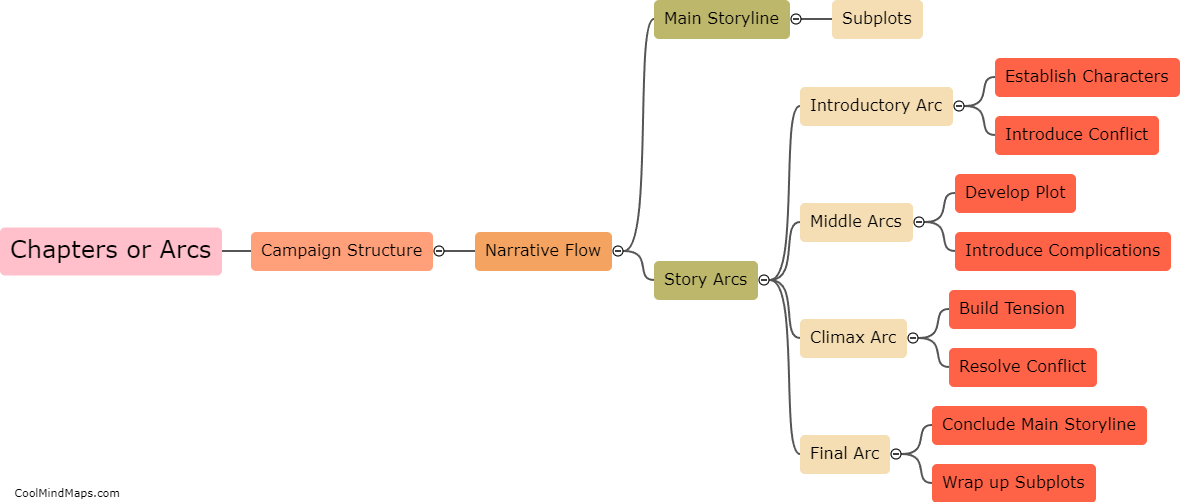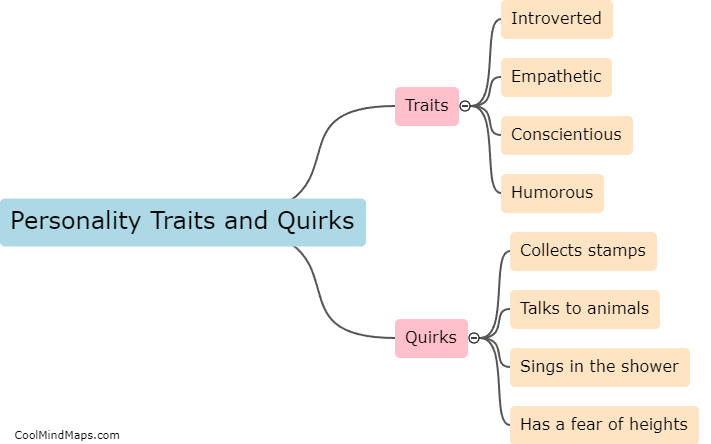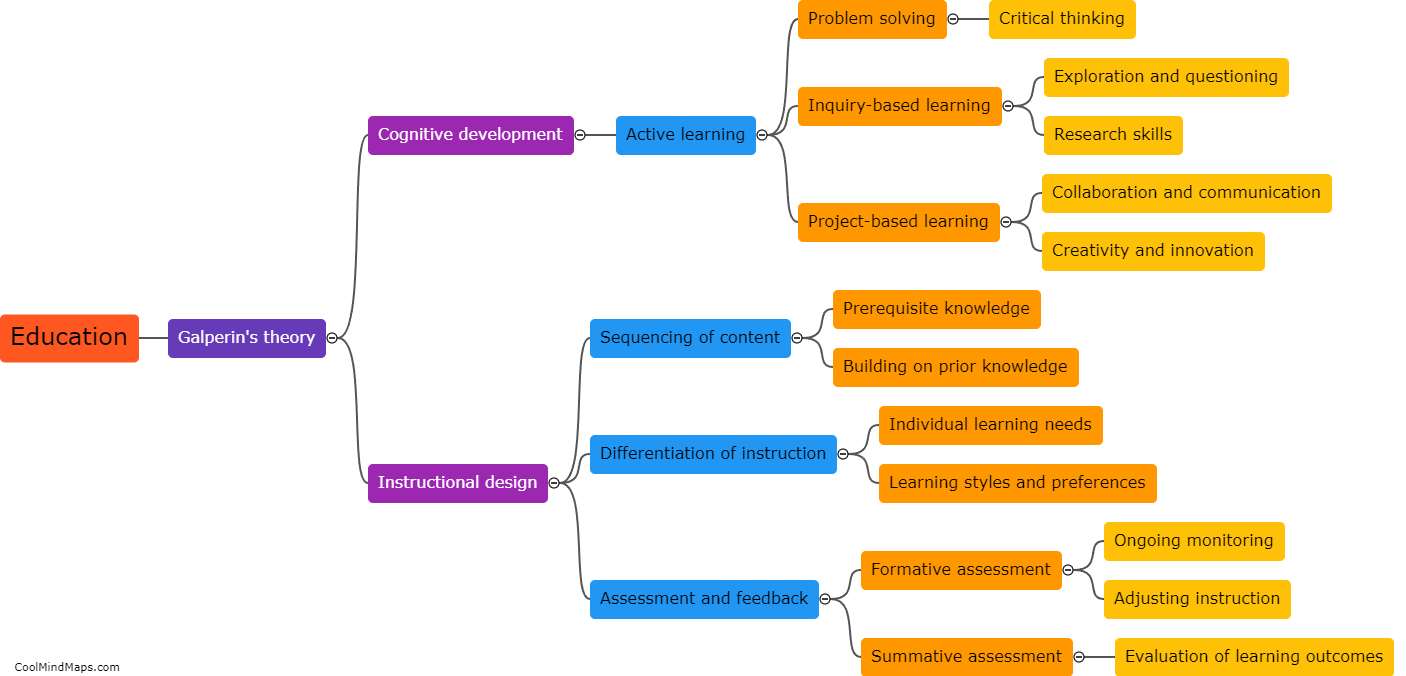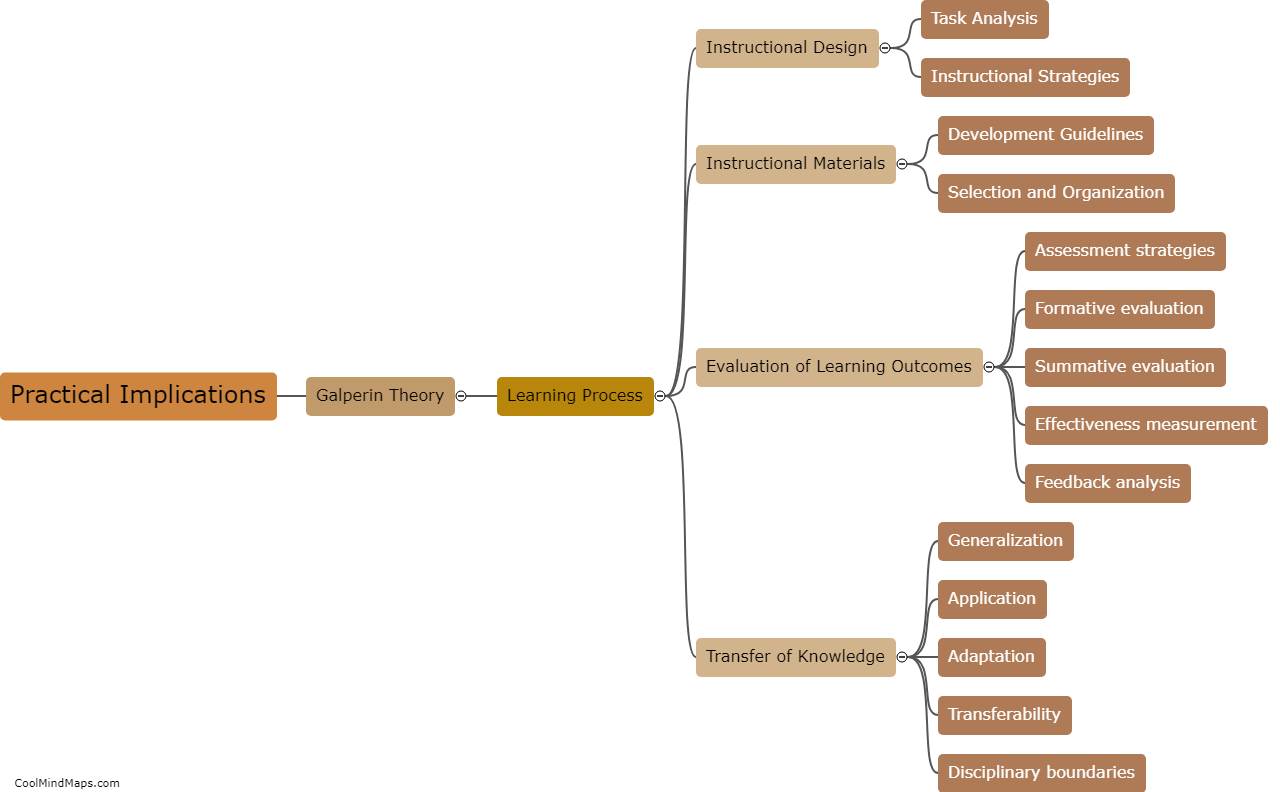What are the key principles of Galperin's theory?
Galperin's theory, developed by the Russian psychologist Lev Vygotsky's student Piotr Galperin, is focused on the process of learning and the development of mental functions. This theory emphasizes that learning is not simply acquiring knowledge but involves the transformation of mental processes. The key principles of Galperin's theory are the necessity of learning through meaningful activity, the importance of guided instruction, and the role of the ZPD (Zone of Proximal Development). According to Galperin, meaningful activity involves actively engaging with relevant and purposeful tasks, where learners can make connections and apply their knowledge. Guided instruction, in this theory, suggests that learners benefit from structured guidance and expert support, which helps them master new skills and concepts. Lastly, the ZPD refers to the gap between a learner's current abilities and their potential abilities, which can be bridged through appropriate scaffolding and assistance from a more knowledgeable other. Overall, these principles highlight the significance of active engagement, guidance, and the continuous development of learners' cognitive abilities.

This mind map was published on 14 September 2023 and has been viewed 98 times.











